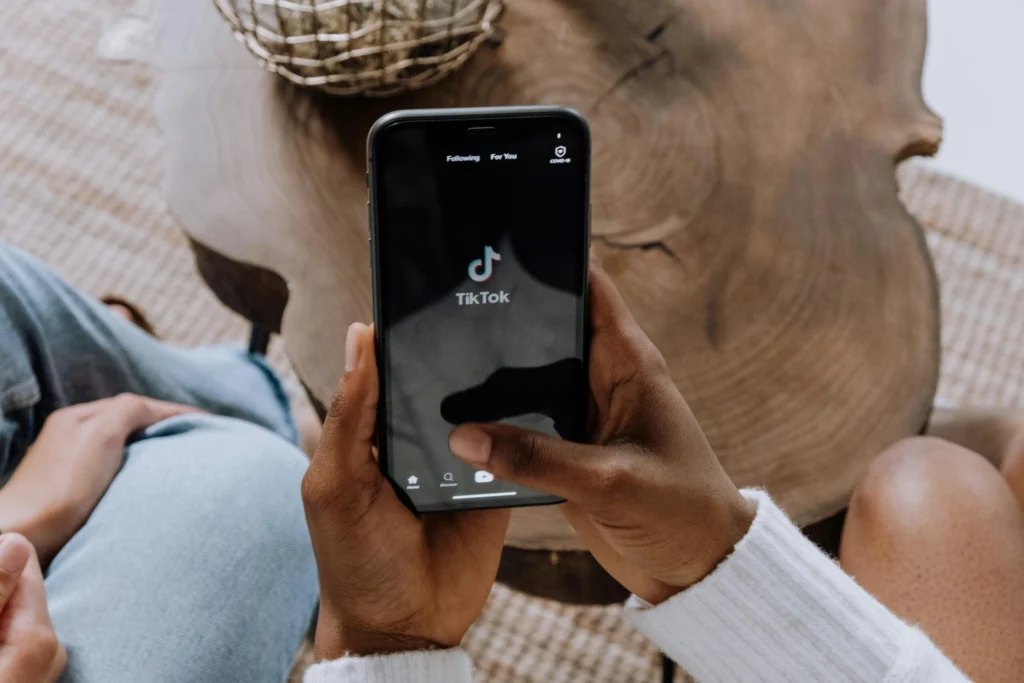
TikTok has skyrocketed in popularity across the U.S., becoming a hub for entertainment, education, and marketing. However, its rapid growth has also ignited intense debates over data privacy and national security. Amid these concerns, the U.S. government has introduced new rules and proposals to ban TikTok, sparking discussions on its future and implications. This article delves into the latest TikTok ban proposal, its potential impact on users, creators, and businesses, and what it means for the digital landscape moving forward.
Table of Contents
ToggleBackground and Context
TikTok is owned by ByteDance, a Chinese company. For years, US lawmakers have worried about its data collection. They fear it could help the Chinese government spy on users. ByteDance says these claims are wrong, but the US government wants to act.
Previous Actions Against TikTok
There have been many attempts to limit TikTok in the US. These include:
2020 Executive Order: The Trump administration wanted TikTok to be sold to a US company due to security worries.
CFIUS Investigations: The Committee on Foreign Investment in the United States (CFIUS) has reviewed ByteDance’s Musical.ly deal.
State-Level Restrictions: Some states have banned TikTok on government devices because of security risks.
Details of the New TikTok Ban Proposal
The new plan, called the Protecting Americans from Foreign Adversary Controlled Applications Act, aims to fix security issues. Here’s what it includes:
Mandated Divestiture: ByteDance must sell TikTok’s US part to a non-Chinese company to reduce security risks.
Operational Ban: If ByteDance doesn’t sell by the deadline, TikTok will be banned in the US.
App Store Compliance: Apple and Google must remove TikTok from their stores or face big fines.
Service Restrictions: Cloud services and other partners must stop supporting TikTok. CFIUS’s review of ByteDance’s business and potential divestiture of TikTok’s U.S. operations has been a key aspect of the ongoing security discussions. More details about CFIUS’s role can be found here
Rationale Behind the Ban
The main reason for the ban is national security. Lawmakers worry TikTok’s data collection could help foreign spies. TikTok gathers lots of data, like:
Location data
Browsing history
Device information
TikTok has tried to fix these issues, but critics say it’s not enough.
Implications of the Ban
For Users
If TikTok is banned, millions will lose access. This could affect:
Content Creation: Creators who make money on TikTok will have to find new platforms.
Entertainment: Users will miss out on short videos.
Community Building: TikTok communities might struggle to find new homes.
For Businesses
Many businesses use TikTok to reach young people. A ban would:
Impact Advertising Campaigns: Businesses will need to redirect ad budgets to platforms like Instagram Reels and YouTube Shorts.
Disrupt E-Commerce: TikTok’s in-app shopping features, which drive significant sales, will no longer be available.
For the Tech Industry
The ban places new responsibilities on tech companies. They must enforce restrictions and comply with government mandates. Companies like Apple, Google, and Oracle will face penalties if they fail to remove TikTok from their ecosystems.
Public Opinion and Reactions
The proposed ban has sparked mixed reactions:
Supporters argue that it’s a necessary step to protect national security and safeguard user data.
Critics contend that the ban infringes on free speech and sets a dangerous precedent for internet regulation.
Creators and Businesses have expressed frustration, noting the lack of clear guidance on how to adapt.
Alternatives to TikTok
For those affected by the ban, there are several alternative platforms that offer similar features:
| Platform | Features |
|---|---|
| Instagram Reels | Short-form videos, integrated with Instagram. |
| YouTube Shorts | Short videos, tied to YouTube’s vast ecosystem. |
| Snapchat Spotlight | Short videos, focus on ephemeral content. |
| Triller | Music-focused videos, similar to TikTok. |
What Comes Next?
The situation remains fluid, with the potential for further legal and political developments. ByteDance may attempt to negotiate an extension or challenge the decision in court. Meanwhile, users and businesses are advised to:
Back Up Content: Save important videos and data from TikTok.
Diversify Platforms: Build a presence on alternative platforms to mitigate risks.
Stay Informed: Follow updates from credible sources to understand how the situation evolves.
Conclusion
The new TikTok ban proposal highlights the ongoing tension between innovation, national security, and global politics. While the ban aims to address legitimate concerns, its impact will be felt across industries and communities. As the deadline approaches, all stakeholders must prepare for a future where TikTok may no longer be part of the digital landscape in the U.S.
Stay tuned for updates as the story unfolds. Check out our resources on social media navigating platform transitions.
Pingback: Instagram Reels: The New Solution for U.S. Users and Content Creators - yourtubecenter